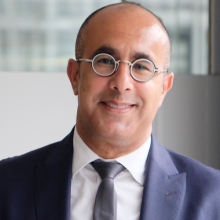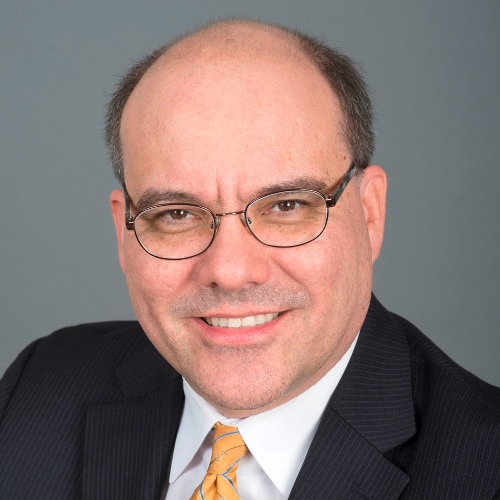
Blogs
The magnitude of threats faced by Bangladesh is unprecedented in terms of risk, exposure and vulnerability. And with a population of 160 million, the country is one of the world’s most disaster prone and vulnerable to tropical cyclones, storm surges, floods, a changing climate and even earthquakes.
Pakistan is one of the most disaster prone countries in South Asia. The country has suffered approximately $18 billion in damages and losses from natural disasters over the past decade.
Examples abound of leading tech companies that have adopted open source strategy and contribute actively to open source tools and communities. So, how can the World Bank – an institution that purchases and develops a significant amount of software – also participate and contribute to these communities?
By 2030, without significant investment into making cities more resilient, climate change may push up to 77 million more urban residents into poverty. To prevent such losses, the international communities and countries – especially those highly vulnerable to climate change and nations in fragile and conflict situations – must prepare in advance for better disaster and crisis recovery.
The demand for decent, affordable – and safe – housing for growing urban populations is a nagging problem for financially strapped governments throughout the developing world. According to McKinsey & Co., a third of the world’s urban population – 1.6 billion people – will be hard pressed to obtain decent housing by 2025.
On August 27, 2015, there was little sense of anxiety or urgency in Dominica as the first rains landed on this small Eastern Caribbean island state. Tropical Storm Erika was not predicted to heavily affect Dominica – but predictions could not have been off further for its 71,000 residents.
Water-related disasters are sometimes lost from the idea of ‘water issues,’ yet they are closely aligned with five Sustainable Development Goals of poverty, hunger, urban, climate, and, of course, water.
Whether it is building safer schools or deploying early warning systems, disaster risk management is an integral part of caring for our most vulnerable, combating poverty, and protecting development gains.
Intense drought can devastate a country. Severe flooding can be catastrophic. Dealing with both at the same time? That’s just another day for many countries around the world that struggle to accurately predict weather- and climate-related disasters while simultaneously dealing with their effects.
Would you rather lie on the sand at the beach, or steal it? In Mauritius, some people chose the latter. For the small island state, illegal beach sand mining was a big problem. Companies used the sand to manufacture concrete for construction, leading to severe erosion that undermined the integrity of the entire coastline—a particularly important natural barrier for Small Island Developing States (SIDS).

 Sameh Wahba
Sameh Wahba
 Haris Khan
Haris Khan
 Vivien Deparday
Vivien Deparday
 Ede Ijjasz-Vasquez
Ede Ijjasz-Vasquez
 Luis Triveno
Luis Triveno
 Yohannes Yemane Kesete
Yohannes Yemane Kesete
 Toshihiro Sonoda
Toshihiro Sonoda
 Josef Leitmann
Josef Leitmann
 Vladimir Tsirkunov
Vladimir Tsirkunov
 Habiba Gitay
Habiba Gitay